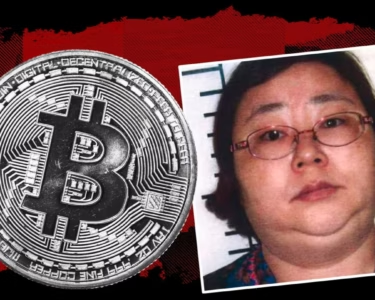April 25, 2025 – In a surprising turn of events, China has decided to exempt certain U.S. imports from its steep 125% tariffs, a move that could signal a thaw in the ongoing trade war between the world’s two largest economies. The news, first reported by Reuters and shared by Watcher.Guru on X, comes after months of heightened tensions, with both nations imposing significant tariffs on each other’s goods.
The Backdrop: A Trade War on the Brink
The U.S.-China trade conflict escalated earlier this month when, on April 10, 2025, a White House official confirmed to CNBC that China’s retaliatory tariff rate would jump to 145% on U.S. goods. This followed President Donald Trump’s executive order hiking tariffs on Chinese imports, including a third increase in duties on low-value packages, targeting companies like Shein and Temu. The tit-for-tat measures had frozen much of the trade between the two nations, raising fears of a global recession.
Amid this standoff, U.S. Treasury Secretary Scott Bessent expressed optimism on April 22, noting at a JP Morgan conference that a de-escalation in trade tensions was imminent, though negotiations would be a “slog.” Bessent described the current 145% U.S. and 125% Chinese tariffs as unsustainable, predicting a “big, beautiful rebalancing” of trade relations.
China’s Olive Branch
China’s decision to exempt some U.S. imports from tariffs marks a significant shift. According to Reuters, Beijing is also asking firms to identify critical goods that need to be levy-free, a clear sign of concern over the trade war’s economic fallout. The Ministry of Commerce has engaged with over 80 foreign companies and business chambers to assess the impact of U.S. tariffs, while a list of 131 product categories under consideration for exemptions has been circulating on Chinese social media.
This move follows de-escalatory statements from Washington, where the U.S. has already offered tariff exemptions on some electronic goods. However, China’s foreign ministry has remained tight-lipped, redirecting inquiries to “relevant authorities.”
Market Reactions: Optimism and Skepticism
The announcement has sparked a mix of reactions on X. Some users, like @SblondOnChain, called the development “Bullish,” reflecting optimism in financial markets sensitive to trade resolutions. Others, such as @FortKnoxCrypto, cautioned that this might only be a “temporary truce,” with underlying tensions still simmering. Meanwhile, @VforVuitton interpreted the exemptions as a sign of active negotiations, a sentiment echoed by Bessent’s remarks about an impending de-escalation.
Markets have responded positively, with Wall Street recovering from recent sell-offs. As Bessent noted, a de-escalation could provide “a sigh of relief” for investors, especially after the volatility triggered by Trump’s tariff policies and his criticism of Federal Reserve Chair Jerome Powell.
What’s Next?
While China’s tariff exemptions are a promising step, the road to a stable U.S.-China trade relationship remains uncertain. The Trump administration has emphasized fair trade and self-reliance, with Vice President JD Vance highlighting the need to reduce dependence on Chinese manufacturing. On the other hand, China appears ready to fight a war of attrition if necessary, as indicated by the Politburo’s recent statements.
For now, businesses and investors are watching closely. Will this lead to broader negotiations, or is it merely a tactical pause in a prolonged economic battle? Share your thoughts in the comments below, and stay tuned for more updates on this developing story.







1 Comment